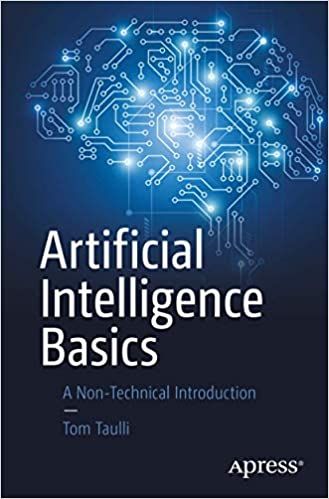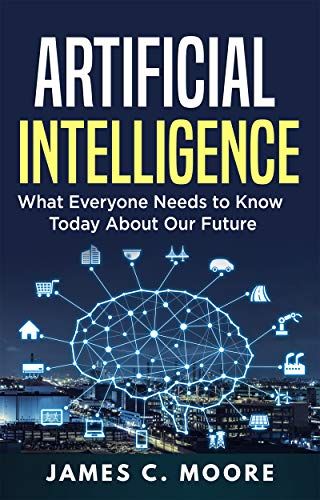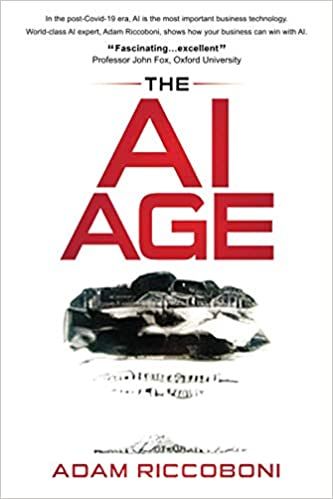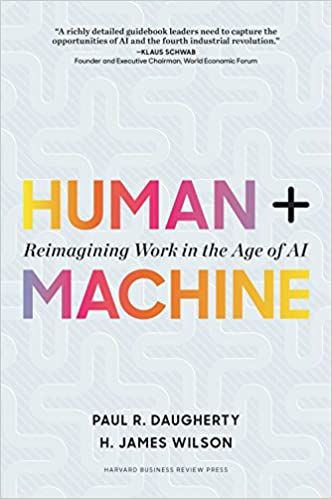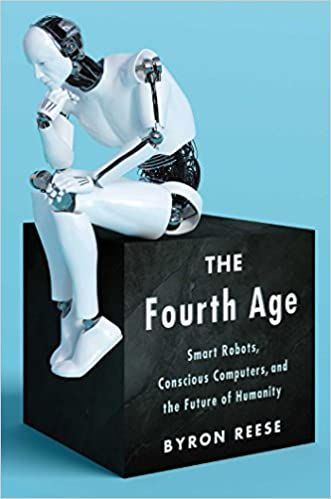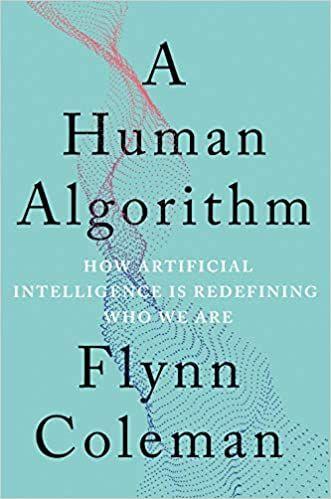As artificial intelligence becomes even more ingrained within our lives both at work and at home, it’s important to understand the topic. One may think a PhD in computer science is necessary to understand AI, but there are plenty of books written specifically for beginners. Most of the other artificial intelligence books are written for business insiders wanting to harness the power of AI as well as for experts, enthusiasts, and skeptics wanting to know more about current AI research. Similar to the STEM field, this list of books on artificial intelligence lacks diversity. Only a handful of the books are by authors of color or women. All these authors of color are men, and the women are white. Increasing the diversity in STEM (as well as in publishing) should be important to all of us.
Best Books on Artificial Intelligence for Beginners
Books on Artificial Intelligence in Business
Books on Artificial Intelligence for Enthusiasts (and Skeptics)
Looking for more books related to artificial intelligence? Check out the best data science books, books to help with data visualization, and computer science books for beginners. In Introduction to Artificial Intelligence, Jackson introduces the science of reasoning processes in computers and past research approaches. This third edition includes the original exploration of fascinating questions like “Can computers think?” and “Can computers use reason to develop their own concepts, solve complex problems, play games, understand our language?” along with new text on “Artificial Intelligence in the 21st Century.” With the combination of introductory and advanced material, this book is ideal for both beginners looking to better understand AI as well as computer science experts wanting an easy-to-understand glimpse into the history of artificial intelligence. Although the authors believe artificial intelligence will improve the way we live and work, they are well aware of the disruption AI will cause. Many people will need re-education, training, and support to be properly prepared for these newly created jobs. Therefore, they are donating the royalties from the sale of Human + Machine to fund education and retraining programs to help workers develop the necessary skills for the age of artificial intelligence. In The Fourth Age, Reese brings his expertise as a Silicon Valley tech entrepreneur to provide in-depth insights about AI, robotics, and their implications to humanity in a way that is both engaging and entertaining. The book initially covers the two key concepts of algorithms and data, then uses those concepts as the foundation into specific applications like medicine and crime. If you are looking for a counterpoint to the AI doom and gloom, then look no further than the optimistic realism Fry presents for a future where humans play a central role in artificial intelligence. While AI has the ability to transform our health and alleviate poverty, international human rights attorney Flynn Coleman argues we must also instill values, ethics, and morals into these robots, algorithms, and other forms of AI. It is also essential to develop and implement laws, policies, and oversights to protect us from possible insidious threats imposed by unregulated artificial intelligence. To realize AI’s ultimate potential, Coleman advocates using a diverse group of voices to ensure empathy, equity, and human rights are the core principles of these emerging technologies. In Sentient Machine, acclaimed computer scientist and inventor Amir Husain explains how we can not only survive the coming age of sentient machines, but thrive in the presence of AI. He addresses many broad existential questions surrounding AI with serious arguments about risk and potential instead of hyperbole about right and wrong. Lay readers need not worry, because Husain deftly reduces complex concepts in computer science and artificial intelligence into clear, plain language using a variety of cultural and historical references.
